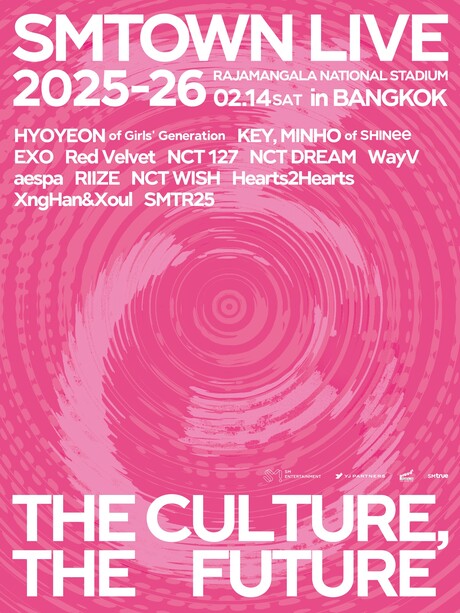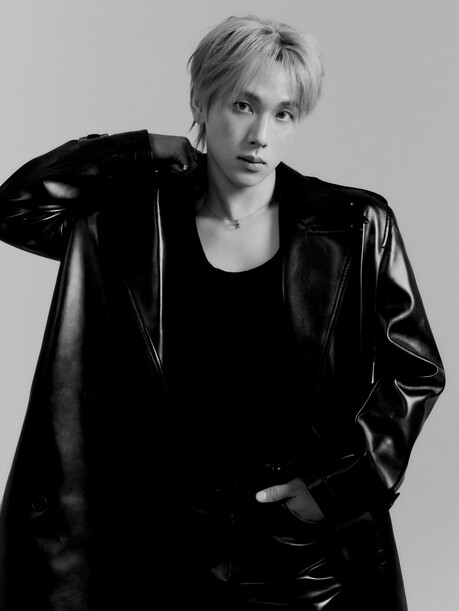A striking shift in South Korean cultural practices has emerged as approximately 60 percent of citizens plan to skip the traditional ancestor-honoring ceremony known as "charye" during this year's Chuseok holiday period. This represents a dramatic departure from longstanding customs that have defined Korean family traditions for generations.
Recent survey data from the Korea Rural Economic Institute (KREI) reveals that only 40.4 percent of respondents indicated they would prepare a charye table during the extended Chuseok holiday period, which commenced on Friday. The findings suggest a fundamental transformation in how modern Korean families approach ancestral worship and holiday observances.
Charye represents one of Korea's most sacred traditional practices, serving as a formal ancestral rite conducted during major holidays like Chuseok to pay respect to deceased family members. The ceremony typically involves an elaborate and carefully arranged table setting featuring various types of traditional Korean dishes, rice wine, and other offerings presented as acts of reverence and remembrance. Families have historically gathered to perform specific rituals, including formal bows and prayers, as a way to maintain connections with their ancestors and preserve cultural continuity.
The current statistics mark a dramatic decline from previous years, with the Korea Rural Economic Institute noting that participation rates have plummeted significantly since 2016, when 74.4 percent of survey respondents reported observing the ritual. This represents a decline of more than 30 percentage points in less than a decade, indicating rapid cultural change within Korean society.
Researchers at KREI have identified several interconnected factors contributing to this cultural shift. The simplification of holiday customs has become increasingly common as families seek less burdensome ways to celebrate traditional holidays. Additionally, the rise of smaller nuclear family units, as opposed to extended multi-generational households, has made it more challenging to maintain elaborate ceremonial practices that traditionally required coordination among many family members.
Perhaps most significantly, changing values among younger generations appear to be driving much of this transformation. Younger Koreans often view traditional ceremonies as outdated or overly complex, preferring alternative ways to honor family heritage that align better with contemporary lifestyles and beliefs. This generational divide reflects broader societal changes as South Korea continues to modernize and urbanize rapidly.
The survey findings highlight the ongoing tension between preserving cultural traditions and adapting to modern realities in South Korean society. As families become increasingly busy with work and urban life demands, the time-intensive preparation required for proper charye ceremonies has become more difficult to maintain, leading many to seek simplified alternatives or abandon the practice altogether.






























